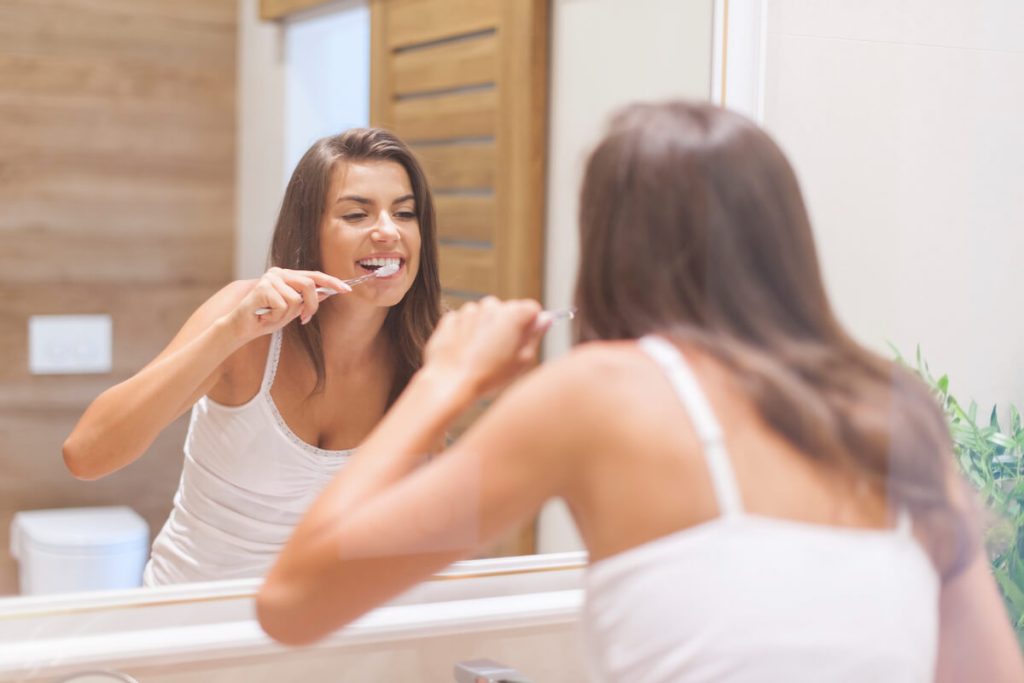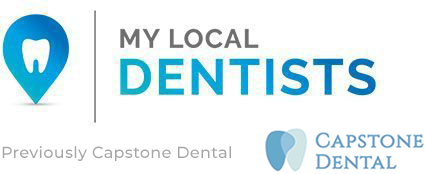Best Techniques on How to Brush Your Teeth

Brushing your teeth seems straightforward—apply toothpaste, brush back and forth, and rinse.
However, the effectiveness of your brushing routine hinges on more than just the basic motions.
Understanding how you brush, how often, and what tools can significantly impact oral health.
We often receive questions about proper brushing techniques.
Here’s a comprehensive guide to ensure you get the most out of your brushing routine.
How Often Should You Brush Your Teeth?
Brushing your teeth twice daily—in the morning and right before bed—is recommended for good oral health.
The nighttime brush is crucial as it prevents bacteria from feeding on the food and plaque accumulating throughout the day.
Ideally, brush after meals in the morning and brush at night right before going to bed.
How Long Should You Brush Your Teeth For?
Brush your teeth for at least two minutes each time. This duration allows you to clean each tooth and effectively remove plaque thoroughly.
An electric toothbrush or a timer can ensure you brush for two minutes.
What Type of Toothbrush Should You Use?
Choose a soft-bristled toothbrush with a small head and a flexible neck. Soft bristles clean your teeth without damaging your gums and enamel, while a small head allows for better access to hard-to-reach areas.
A flexible neck provides comfort and helps maintain proper brushing angles.
Brushing Technique: It’s All in the Method
- Positioning: Start brushing at the back of your mouth. Hold the toothbrush at a 45° angle to your gums.
- Motion: Use gentle, circular motions to clean your teeth. Avoid washing back and forth, as this can harm your enamel and gums. Think of brushing as giving your gums a gentle massage rather than a vigorous scrub.
- Coverage: Ensure you brush each tooth’s inner, outer, and chewing surfaces. Tilt the toothbrush to reach the inner front areas of your teeth, which are often missed.
- Post-Brushing: Spit out the toothpaste, but avoid rinsing with water. Brushing your teeth with a thin layer of toothpaste can further safeguard them.
Should You Brush Your Tongue?
Yes, brushing your tongue helps reduce bacteria and keeps your breath fresh. Gently brush the surface of your tongue, moving from the back to the front.
This simple step can enhance your overall oral hygiene.
Do You Need to Floss?
Absolutely. Flossing is essential because your toothbrush cannot reach the tight spaces between your teeth. By removing food debris and plaque from these regions, flossing lowers the risk of tooth decay and gum disease.
Even if plaque is not visible, it’s crucial to remove it to prevent long-term damage.
Which is Better, an Electric or a Manual Toothbrush?
If used properly, both electric and manual toothbrushes can be effective. Electric toothbrushes can benefit those with limited dexterity or who struggle with proper brushing techniques.
Many electric brushes have built-in timers and pressure sensors that ensure thorough and gentle brushing. However, the technique remains the most critical factor in effective brushing.
What Toothpaste Should You Use?
Any toothpaste containing fluoride is effective for adults. Children aged 6 and over can use standard fluoride toothpaste, while children between 2 and 5 should use toothpaste with about 500 fluoride.
If you experience allergic reactions or mouth ulcers from toothpaste, consider trying fluoride-free or SLS/SLES-free options.
How Much Toothpaste Should You Use?
An adult needs a pea-sized amount of toothpaste. For children, a smear of toothpaste is recommended. Ensure children know how to spit out toothpaste to avoid excessive fluoride ingestion, which can affect the development of their adult teeth.
General Tips for Brushing Your Teeth
- Avoid Excessive Pressure: Pressing too hard can damage your gums and enamel. If you notice your toothbrush bristles wearing out quickly, you may be brushing too hard. Ask your dentist to demonstrate a gentler technique.
- Replace Your Toothbrush Regularly: Replace your toothbrush—manual or powered—every three months, or sooner if the bristles fray.
Regular Dental Check-Ups and Cleanings
Maintaining oral health requires both professional cleanings and routine examinations. Just as you’d service your car to keep running smoothly, routine dental visits ensure your teeth and gums remain healthy.
At My Local Dentists Seven Hills, we recommend scheduling an appointment every six months for a comprehensive check-up and cleaning.
Oral Health in Seven Hills
Don’t wait to take control of your oral health! Follow these brushing tips and incorporate regular dental visits into your routine to keep your smile bright and healthy.
If you have questions or need personalised advice, contact me at My Local Dentists Seven Hills today. Your smile deserves the best care!
Contact your Seven Hills dentist at (02) 8605 1696 or schedule an appointment online.
We are located at Shop 55, (Ground Floor) Seven Hills Plaza, 224 Prospect Hwy, in Seven Hills.
